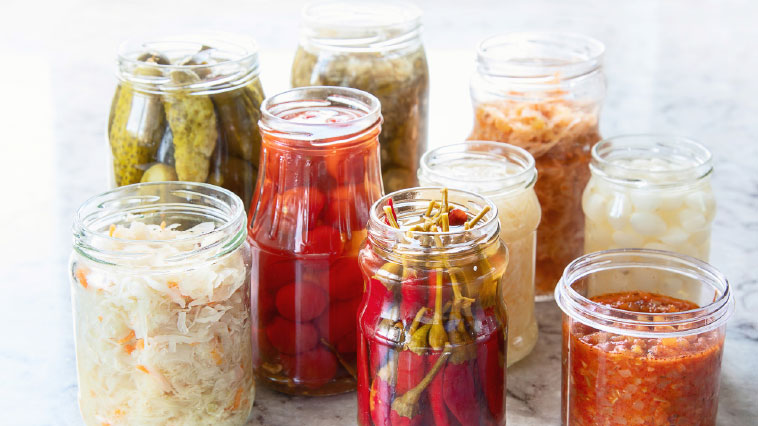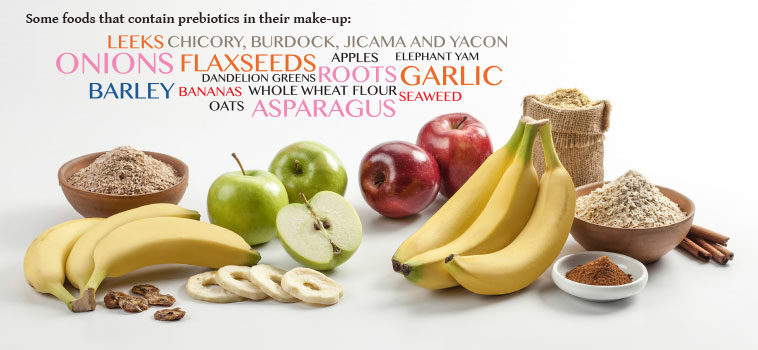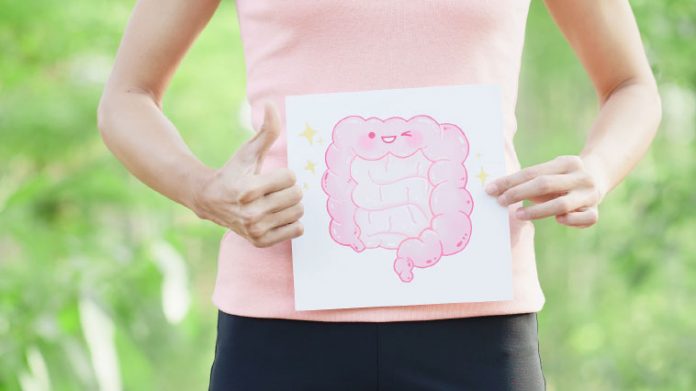PROBIOTICS
Simply put, probiotics are bacteria that inhabit the digestive tract. Before you wrinkle-up your nose, not all bacteria are bad. Probiotics are essentially the ‘good guys’, helping to protect your body from harmful pathogens and fungi, sending signals to your immune system to take necessary action, regulating inflammation and providing important nutrition to the cells lining your digestive tract.
 What we eat determines the outcome of the constant battle between the good and bad bacteria in the gut. Sugars and fats feed the bad bugs, allowing them to grow exponentially, without enough good bacteria to control them. Pesticide-laden foods and antibiotics also have a negative impact on the bacteria balance. You can help your gastrointestinal system by eating fermented foods rich in live strains of advantageous bacteria – yogurt, cheeses like Gouda, mozzarella, cheddar and cottage cheese, traditional buttermilk (the leftover liquid from making butter), pickles, kombucha, kimchi, tempeh, miso and sauerkraut.
What we eat determines the outcome of the constant battle between the good and bad bacteria in the gut. Sugars and fats feed the bad bugs, allowing them to grow exponentially, without enough good bacteria to control them. Pesticide-laden foods and antibiotics also have a negative impact on the bacteria balance. You can help your gastrointestinal system by eating fermented foods rich in live strains of advantageous bacteria – yogurt, cheeses like Gouda, mozzarella, cheddar and cottage cheese, traditional buttermilk (the leftover liquid from making butter), pickles, kombucha, kimchi, tempeh, miso and sauerkraut.
If none of these stir your appetite, you can supplement. with capsules or liquids containing live beneficial bacteria, but not all of them will do what they claim. They may not all have the same types of bacteria in the proper concentrations, could be heat sensitive and may not even survive your stomach acid.
According to doctors at Harvard Medical School, due to the brain-gut connection, probiotics may indirectly enhance your brain and boost mood and cognitive function.
Lactobacillus and Bifidobacteria are the two main species of probiotics, each having their individual strains.
PREBIOTICS
While probiotics are beneficial for gut flora, prebiotics are the food that feed the probiotics. They are found in certain indigestible, fibrous carbohydrates (no, not pizza and pasta). By selectively nourishing and populating only the good bacteria, they improve metabolic health and help prevent certain diseases, as well as aiding digestion and enhancing the production of valuable vitamins for the body. They enable probiotics to reach the lower gut after competing with more than 1,000 various bacterial species. So as to not alter their fibre content, they are best eaten raw when possible.
 Prebiotic supplements contain fermentable fibre and, as they are not bacteria, are highly stable and are unaffected by heat and acidity. Of course, they vary in targeting the type of probiotics they feed.
Prebiotic supplements contain fermentable fibre and, as they are not bacteria, are highly stable and are unaffected by heat and acidity. Of course, they vary in targeting the type of probiotics they feed.





































